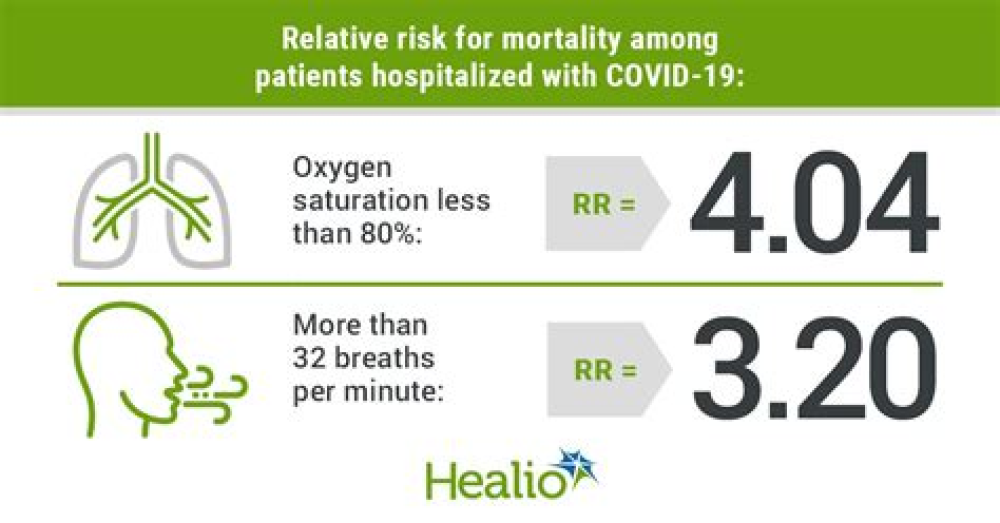Authors: Amy H Attaway, assistant professor of medicine, associate director, COPD center1, Rachel G Scheraga, assistant professor of medicine1 2, Adarsh Bhimraj, head, section of neurological infections; staff, infectious diseases1, Michelle Biehl, associate staff, pulmonary and critical care medicine; director, post ICU recovery clinic1, Umur Hatipoğlu, associate professor of medicine; director, respiratory therapy; director, COPD center1
Abstract
Severe covid-19 pneumonia has posed critical challenges for the research and medical communities. Older age, male sex, and comorbidities increase the risk for severe disease. For people hospitalized with covid-19, 15-30% will go on to develop covid-19 associated acute respiratory distress syndrome (CARDS). Autopsy studies of patients who died of severe SARS CoV-2 infection reveal presence of diffuse alveolar damage consistent with ARDS but with a higher thrombus burden in pulmonary capillaries. When used appropriately, high flow nasal cannula (HFNC) may allow CARDS patients to avoid intubation, and does not increase risk for disease transmission. During invasive mechanical ventilation, low tidal volume ventilation and positive end expiratory pressure (PEEP) titration to optimize oxygenation are recommended. Dexamethasone treatment improves mortality for the treatment of severe and critical covid-19, while remdesivir may have modest benefit in time to recovery in patients with severe disease but shows no statistically significant benefit in mortality or other clinical outcomes. Covid-19 survivors, especially patients with ARDS, are at high risk for long term physical and mental impairments, and an interdisciplinary approach is essential for critical illness recovery.
Introduction
The ongoing outbreak of the coronavirus disease 2019 (covid-19) has posed immense challenges for the research and medical communities. This review focuses on the epidemiologic and clinical features of covid-19, the pathophysiologic mechanisms, inpatient respiratory support, and the evidence to date on drug treatments. It also covers the recovery and long term management of patients with covid-19 pneumonia. The review is aimed at clinicians and intensivists caring for patients with severe covid-19 pneumonia as defined by the National Institutes of Health,1 referring to individuals with SARS-CoV-2 infection confirmed by polymerase chain reaction (PCR) testing who have SpO2 <94% on room air at sea level, a ratio of arterial partial pressure of oxygen to fraction of inspired oxygen (PaO2/FiO2) <300 mm Hg, respiratory frequency >30 breaths/min, or lung infiltrates >50%.
For More Information: https://www.bmj.com/content/372/bmj.n436
